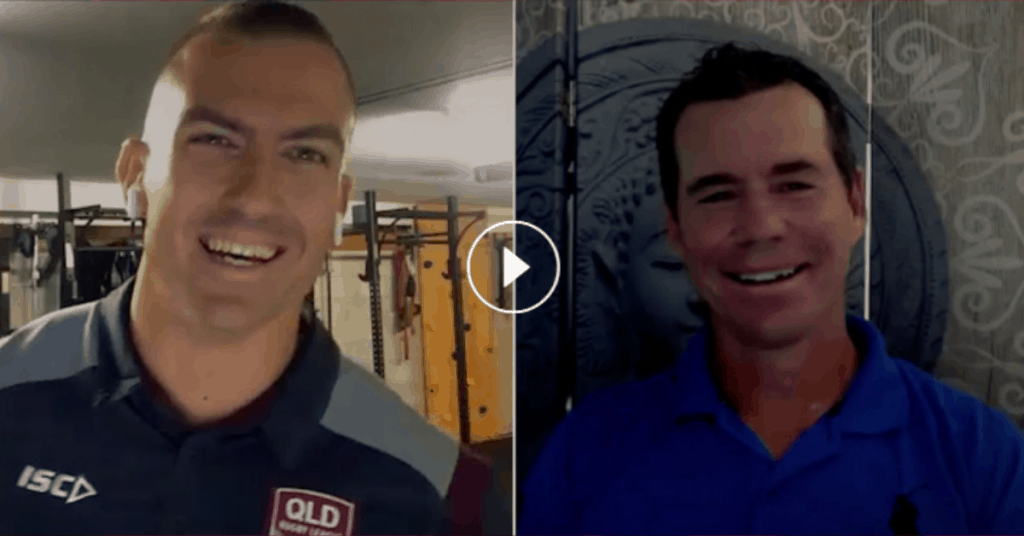Jorja Brinums – QRL lead content producer
Welcome to another instalment of Queensland Rugby League’s #WellbeingWednesday series, providing handy tips and helpful advice to improve overall wellness.
This week, the hot topic people may need further guidance on is sleep. Luke Archer, from QRL’s wellbeing and education team, caught up with former Australian professional tennis player and golfer Scott Draper to chat all things sleep.
Draper said a lot of people spent their days being mentally tough and little time building resilience or capacity to absorb what life threw at them – resulting in burnout.
In a nutshell, he said most people were “smashing themselves” and not getting the quality sleep they needed to successfully juggle work and family.
“A lot of people are fatigued, they’re burnt out, they’re overwhelmed,” Draper said.
“Sleep is just one critical element of us getting the recovery we need so that we can be our best selves every day.
“We should be looking to get at least seven hours of quality sleep.”
Just how important is sleep?
• The number of people who can survive on five hours of sleep or less without any impairment, expressed as a per cent of the population and rounded to a whole number, is zero
• Adults aged 45 years or older who sleep less than six hours a night are 200 per cent more likely to have a heart attack or stroke in their lifetime, as compared with those sleeping seven or eight hours a night
• An adult sleeping only 6.75 hours a night would be predicted to live only to their early 60s without medical intervention
• One night of only four or five hours’ sleep, your natural killer cells – the ones that attack the cancer cells that appear in your body every day, drop by 70 per cent
Sleep assistance
- Relaxation training improves ability to fall asleep
- Give yourself time during the day, a little down time, to positively impact sleep
- The last hour before bed is critical to prepare: eind down with music, scents, hot bath/shower, limit blue light and electronics
- Limit strenuous exercise three hours from bedtime
- Limit alcohol and sugar two hours before bedtime
- Select ‘night shift’ on your phone
- Drink herbal tea
- Make your sleeping environment conducive to sleep – cool and dark
Statistics: Matthew Walker – Neuroscientist, Director of the Center for Human Sleep Science at the University of California, Berkeley
